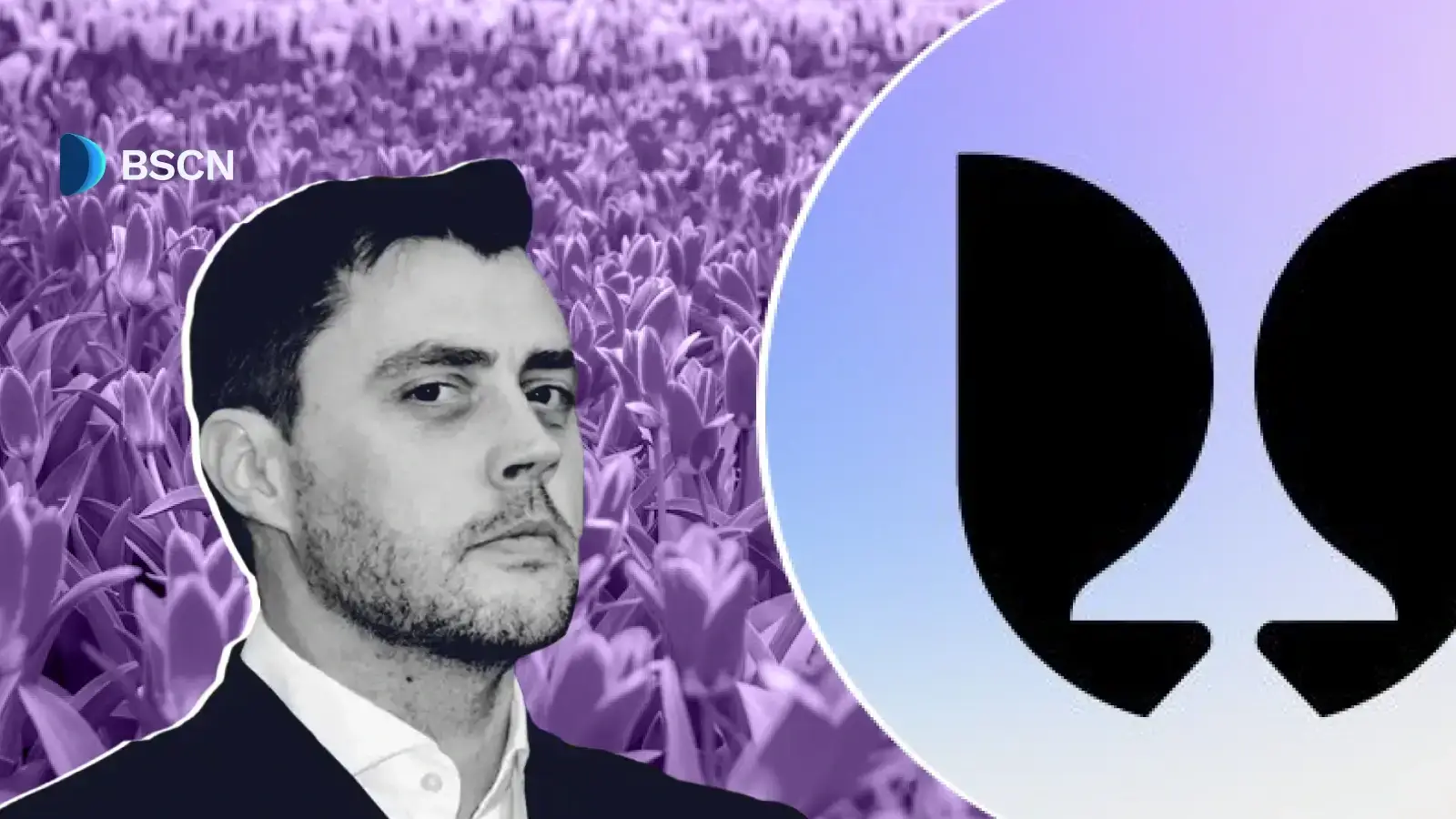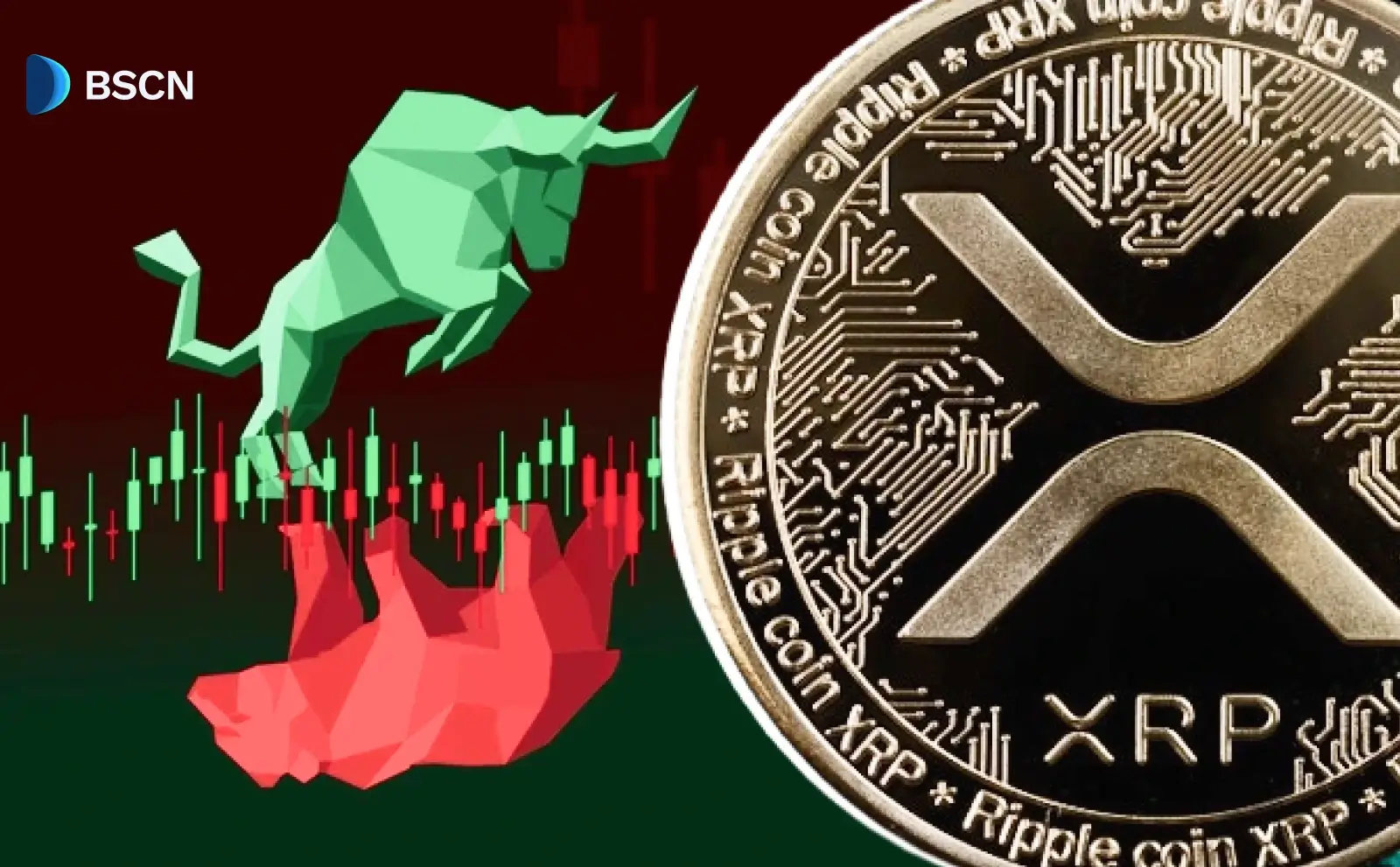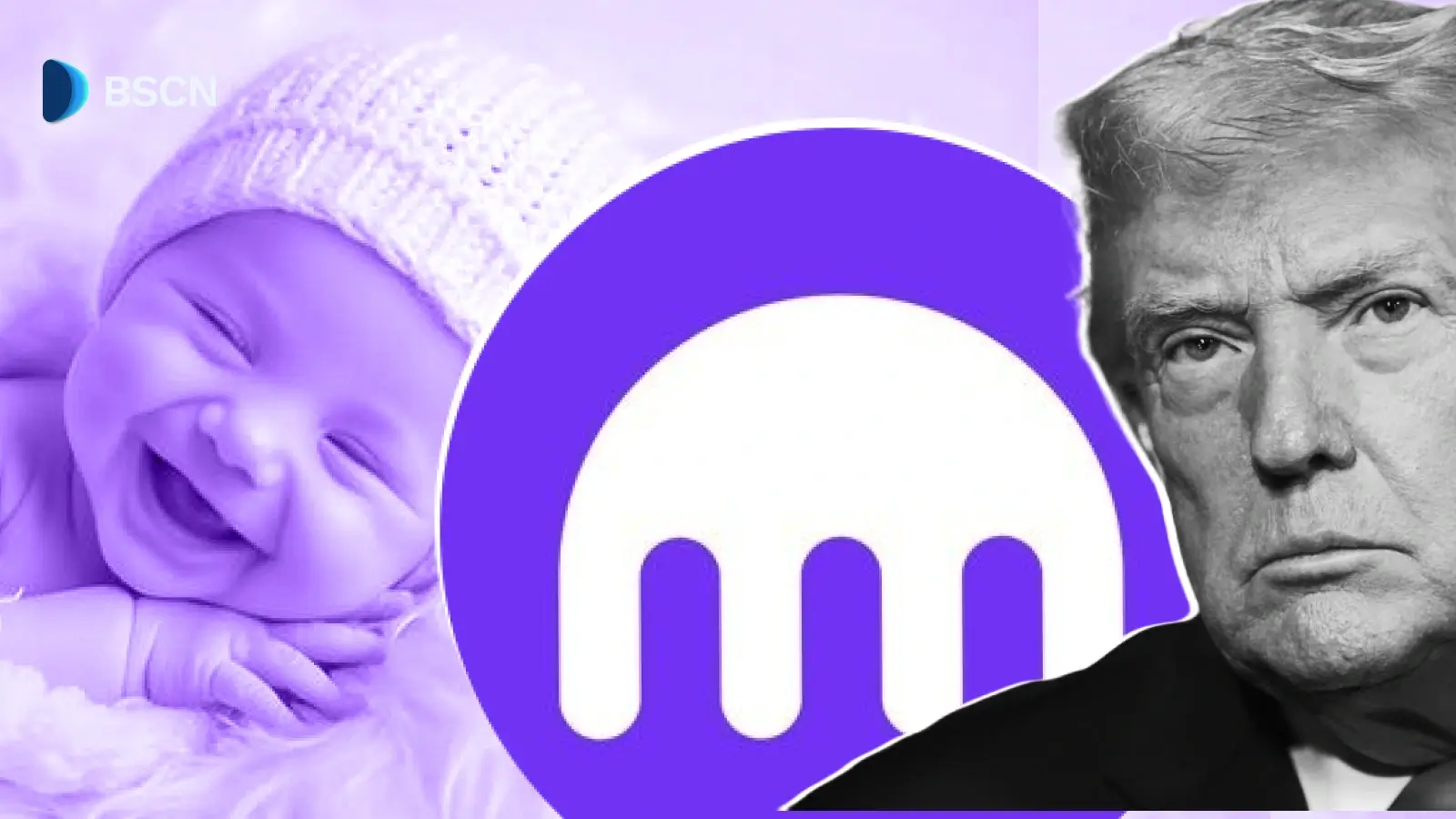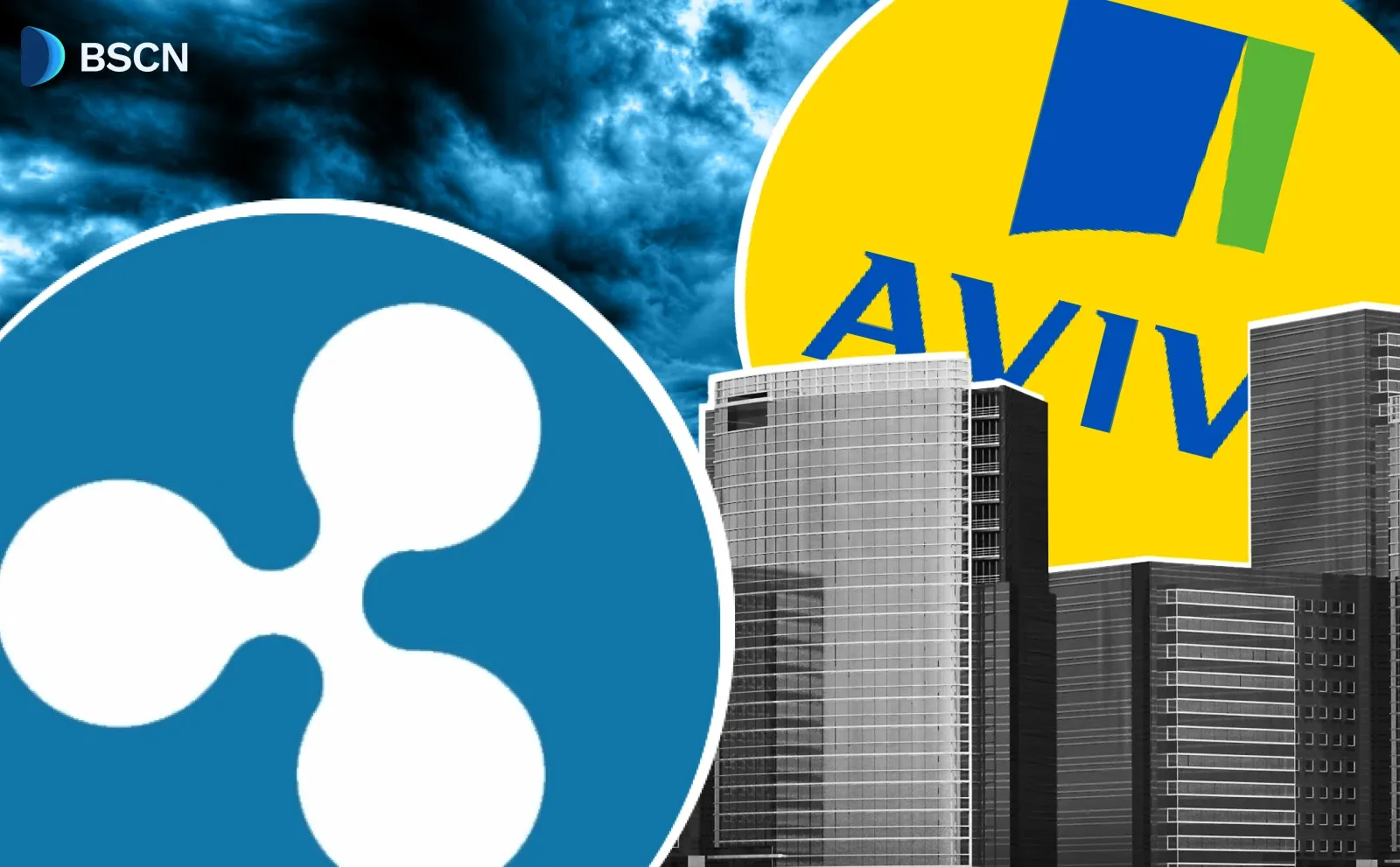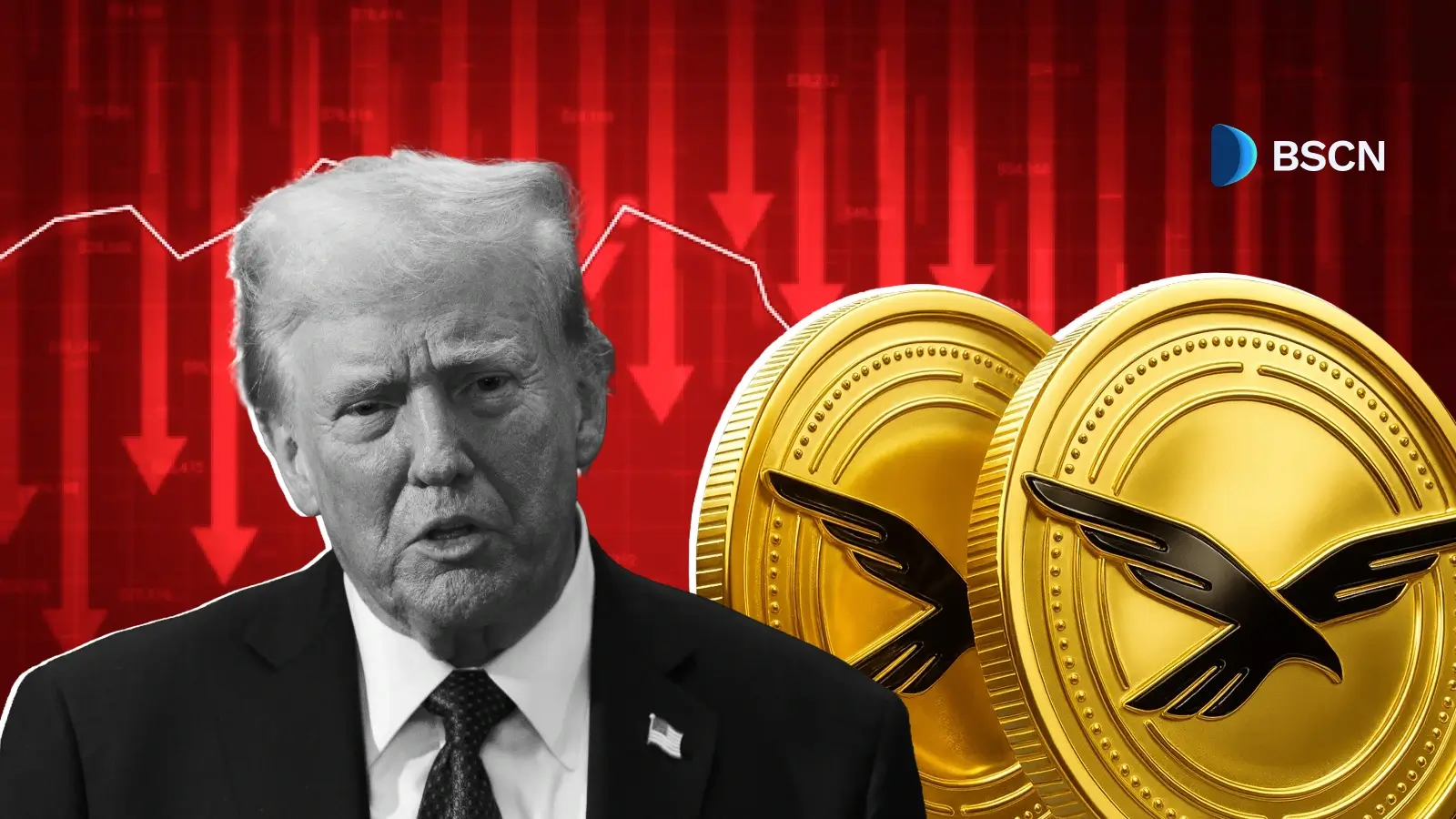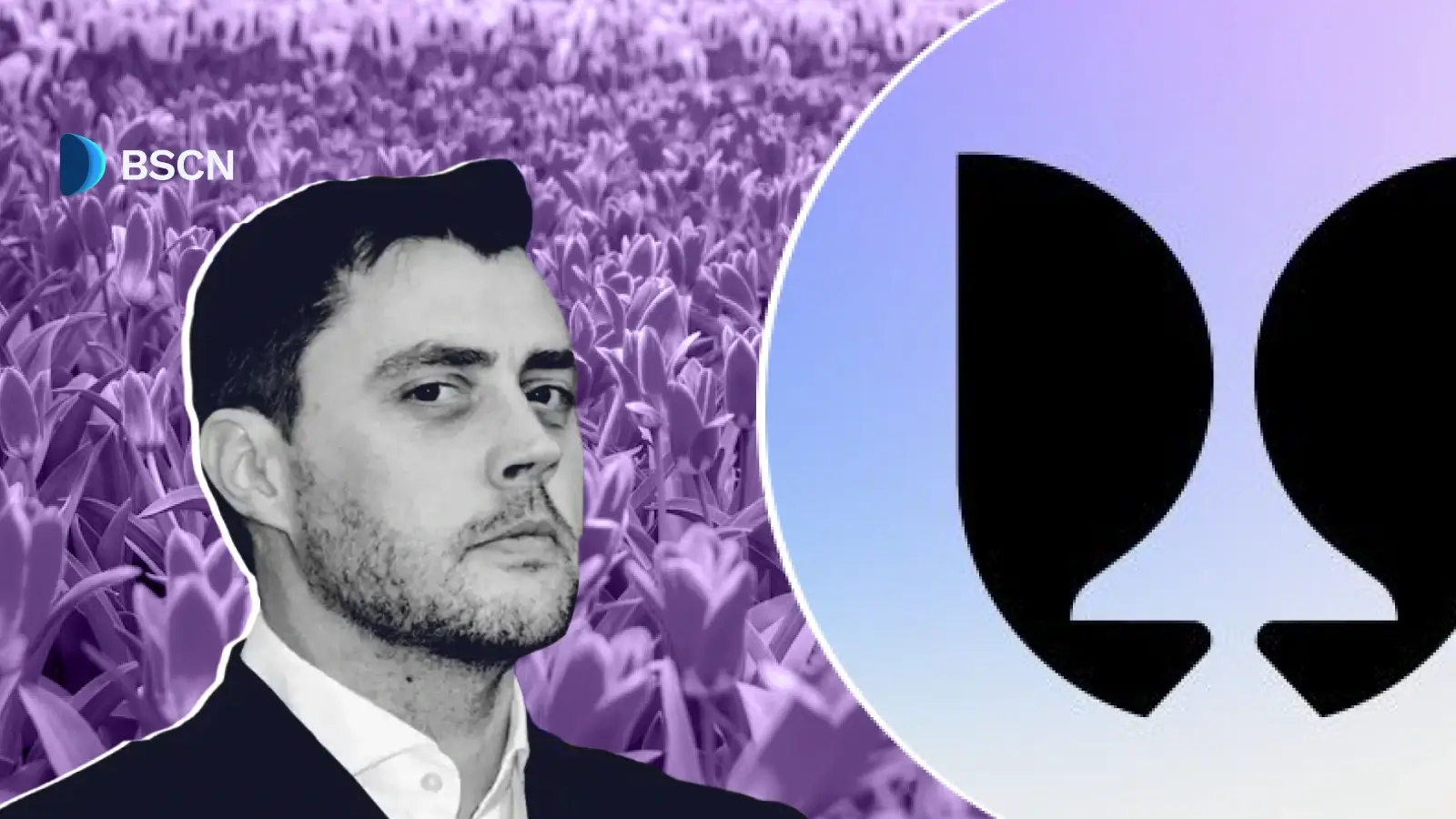Nigeria Officially Recognizes Cryptocurrencies as Securities

Signed into law by President Bola Ahmed Tinubu, this legislation removes past uncertainties and places virtual asset service providers (VASPs) under the regulatory oversight of SEC Nigeria.
Soumen Datta
April 2, 2025
Table of Contents
Nigeria has taken a landmark step in cryptocurrency regulation. With the signing of the Investments and Securities Act (ISA) 2025 by President Bola Ahmed Tinubu, the country has officially recognized cryptocurrencies as an asset class, according to Business Day, Nigeria.
This move ends years of regulatory uncertainty and establishes a clear legal framework for digital assets.
The new law strengthens the Securities and Exchange Commission (SEC) of Nigeria, giving it full authority to regulate the crypto industry. It also criminalizes Ponzi schemes and introduces penalties for fraudulent investment schemes.
A Long-Awaited Recognition
Before ISA 2025, Nigeria’s crypto industry operated in a legal gray area. While the Central Bank of Nigeria (CBN) had placed restrictions on banks facilitating crypto transactions, people continued to trade via peer-to-peer (P2P) exchanges. This left the industry vulnerable to law enforcement crackdowns and inconsistent policies.
With the new law, the government has taken a decisive step toward crypto regulation, recognizing digital assets as securities. This means that cryptocurrencies are no longer banned assets, and individuals can engage in trading and investment without fear of harassment from authorities.
SEC Nigeria Takes the Lead
The SEC Nigeria now has a stronger mandate to regulate the crypto space. Director-General Emomotimi Agama stated that the new law allows the SEC to foster innovation, protect investors, and attract local and foreign investments.
What Changes Under ISA 2025?
- Crypto Assets as Securities: The law officially classifies cryptocurrencies as investment contracts, bringing them under SEC regulation.
- Regulation of Virtual Asset Service Providers (VASPs): Crypto exchanges, wallet providers, and other VASPs must now register with the SEC and comply with regulatory guidelines.
- Crackdown on Ponzi Schemes: The act introduces strict penalties, including jail time, for those running fraudulent investment schemes.
- Stronger Investor Protections: With a legal framework in place, investors now have greater protection against scams and market manipulation.
A Boost for Crypto Adoption and Innovation
The legal clarity will reportedly encourage fintech startups, blockchain developers, and institutional investors to engage with Nigeria’s crypto market.
Why is this important?
- More Investments: A well-regulated environment attracts venture capital firms and institutional investors.
- Job Creation: With crypto exchanges and fintech firms now operating legally, more employment opportunities will emerge.
- Financial Inclusion: Cryptocurrencies have provided many Nigerians with access to global finance, especially in a country with high inflation and currency devaluation.
“By addressing regulatory gaps and introducing forward-looking provisions, the new Act empowers the SEC to foster innovation, protect investors more efficiently and reposition Nigeria as a competitive destination for local and foreign investments,” said Emomotimi Agama, Director-General, SEC.
Nigeria’s Evolving Stance on Crypto
Nigeria’s relationship with crypto has evolved dramatically over the years.
- 2015: Cryptocurrencies gained traction following a crash in oil prices, which led to a depreciation of the naira. Nigerians turned to Bitcoin as a hedge against inflation.
- 2021: The CBN ordered banks to shut down crypto-related accounts, forcing traders to rely on P2P transactions.
- 2023: Under President Tinubu’s administration, Nigeria softened its stance, paving the way for regulatory clarity.
Now, with ISA 2025, Nigeria has moved from a restrictive approach to a structured regulatory framework.
The crypto industry in Nigeria is now on a path toward legitimacy and growth. How the SEC implements these regulations in the coming months will determine the long-term impact of this historic decision.
This development follows Nigeria's $81.5 billion lawsuit against Binance in February, alleging the exchange played a role in devaluing the Naira.
Read Next...
Disclaimer
Disclaimer: The views expressed in this article do not necessarily represent the views of BSCN. The information provided in this article is for educational and entertainment purposes only and should not be construed as investment advice, or advice of any kind. BSCN assumes no responsibility for any investment decisions made based on the information provided in this article. If you believe that the article should be amended, please reach out to the BSCN team by emailing [email protected].
Author
 Soumen Datta
Soumen DattaSoumen has been a crypto researcher since 2020 and holds a master’s in Physics. His writing and research has been published by publications such as CryptoSlate and DailyCoin, as well as BSCN. His areas of focus include Bitcoin, DeFi, and high-potential altcoins like Ethereum, Solana, XRP, and Chainlink. He combines analytical depth with journalistic clarity to deliver insights for both newcomers and seasoned crypto readers.
Crypto Project & Token Reviews
Project & Token Reviews
Comprehensive reviews of crypto's most interesting projects and assets
Learn about the hottest projects & tokens






